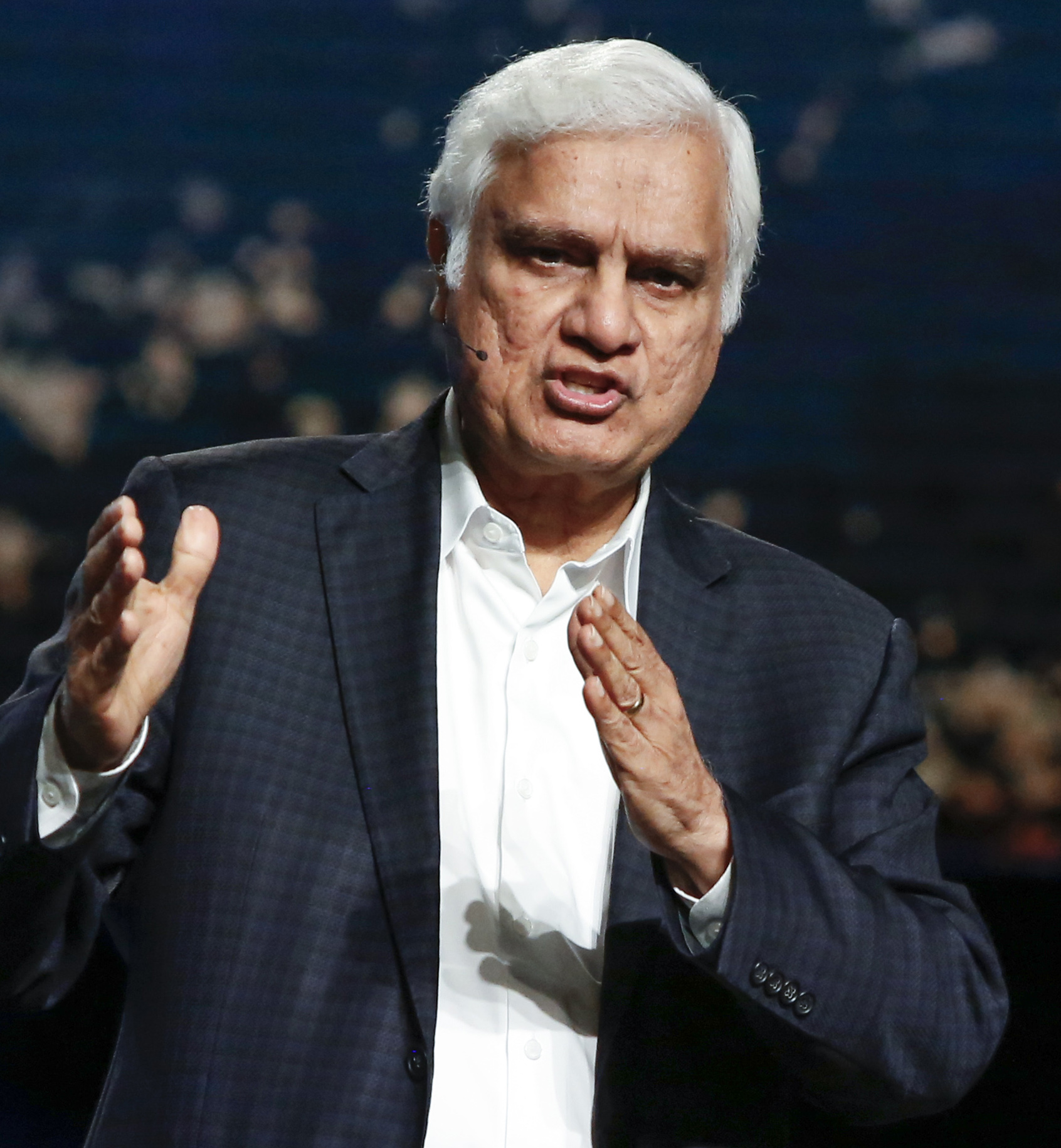 Imagine, if you will . . . echoing Rod Sterling and the Twilight Zone
Imagine, if you will . . . echoing Rod Sterling and the Twilight ZoneImagine, if you will, a government that knows the limits of its authority.
As I have written before, there are differing approaches among Christians to the lockdowns in Ontario. Some will argue that we must obey the government in this, and others say we must disobey. Paul Carter of the Gospel Coalition did an excellent job of exegeting Hebrews 10:24-25 on this, and although I am not convinced, he made a cogent argument.
I think much of the discussion has, however, missed the point, and Carter is answering a question that I, for one, am not asking. For many of us, it is not a matter of civil disobedience (although that will be the perception) as it is the limits of governmental authority in the first place. We may see several spheres of authority in Scripture: family, church, and civil government. Family was ordained in the garden. Church, broadly worship, was immediately after as seen in how God accepted Abel’s sacrifice and not Cain’s. As Bruce Waltke said, “Cain failed in the field because he failed at the altar.”
Civil government immediately follows as the population increases.
There is overlap and cooperation between these spheres, but all three are under the Lordship of Christ. In general, the family is responsible for education, health and well-being, and economics. The church is responsible for the ministry of the Word and the sacraments, baptism and the Lord’s Supper. The state, or civil government is responsible for the protection of the nation from outside forces, and to administer law and justice (and that justice is to be defined by the law of God, not created by fiat).
It isn’t hard to see how the modern state has taken over most roles of the family and church, so that each of these functions are now under the state’s authority. The state has grown to a point that family and church can be deemed, “nonessential” in Covid-19 pandemic terms.
The reason this has happened is that as a people we have rejected the idea that the spheres are placed as they are by God and are inviolable by the others spheres of authority. The family is a sovereign unto itself within the Kingdom of God as is the church.
The church does not have authority over the family nor does the family over the church.
Neither the family nor the church have authority over the state, and the state does not have authority over the church and family. The Christian is to submit to the state (Romans 13:1-2) and at the same time “obey God rather than men” (Acts 5:29). The behaviour of Christians in the New Testament and in the early church indicate that they did not believe the submission to the state was absolute. It was the state’s task to administer justice, not to set the theology of the church. When Caesar demanded that all people, not just Christians, burn incense as worship to him and declare, “Caesar is Lord,” the Christians chose death instead.
All of this, of course, can only work where there is an acknowledgement of Christ’s Lordship over all of life, and that there is no neutral ground that operates freely apart from this Lordship.
To continue, I’d like to make this perfectly clear:
1. Jesus is not a future king, but king now. He is king of Canada, king of the United States, and king of the entire planet, solar system, galaxy and universe. There is no person, place or thing that is outside of His authority right now, and His law prevails. His will shall be done “on earth as it is in heaven.”
2. For many years, Christians have claimed that the King is coming, but the Gospel says He is here and reigns now. This places our civil governments as rebels against the King, insofar as the decrees, laws, mandates, and bylaws violate His law.
3. If Christ is not acknowledged, the state has no natural cause or reason to limit itself—it can only grow in authority. The Western state has, in its claim to secularity, become a law unto itself—autonomous and answerable only to itself.
4. As the state has grown and self-asserting illegitimate authority, it will destroy both family and church, as it seizes the God-given authority of both.
5. But because the state is thoroughly human, it can only become a tyranny, whether that tyranny is shown in a man, a committee, or a mob of democracy. Assuming itself autonomous, there is no higher authority to which it must answer.
When it comes to the decisions of the Ontario government to demand the closures of churches, we must learn to ask, “by what authority?” It cannot be the authority of the state if our worldview is a Christian one. If we concede the state has the authority because it asserts that it does, then it is only a matter of time that churches are closed forever as “nonessential” and all functions of the family are replaced by the state.
It is a stark choice: either the state has the authority it is claiming today or it does not. I believe it does not, but the belief that it does runs deep and is firmly entrenched in our society, even in churches.
The encroachment of the state into church and family was slow at first, until the tipping point was reached. It was reached quite awhile ago, but it is unmistakable now.,
The question is not whether we should obey the state and stay home. It is whether the state has the authority to demand it.
Imagine, if you will . . .

 On Ravi Zacharias. “Lord, what about this man?”
On Ravi Zacharias. “Lord, what about this man?”